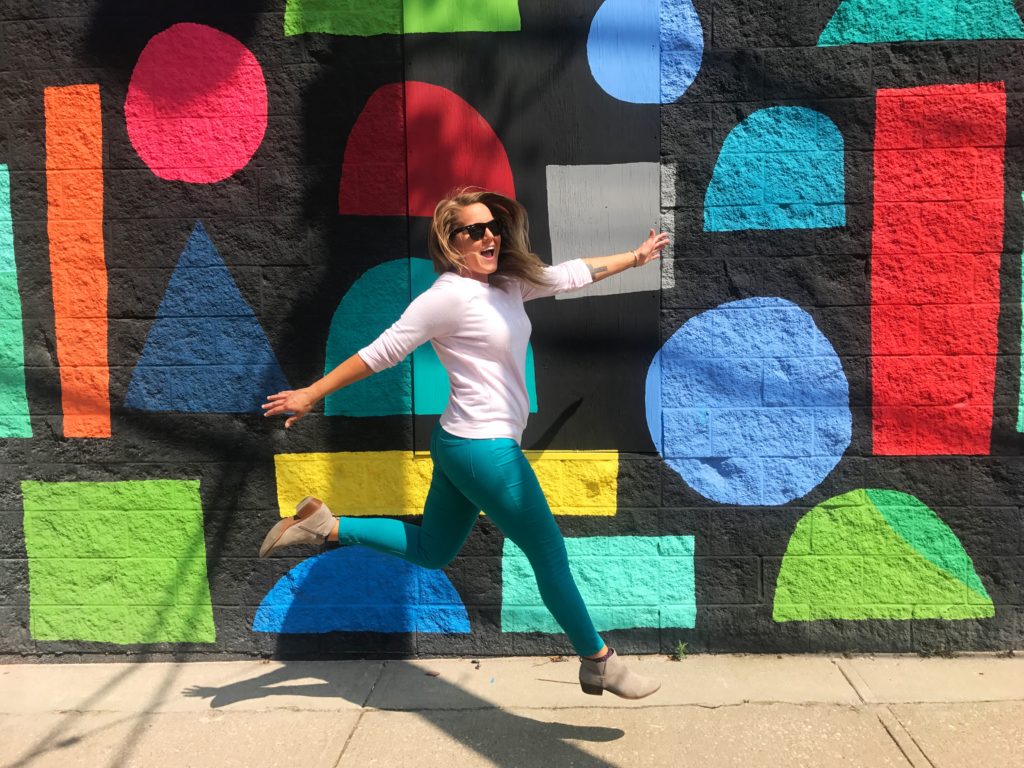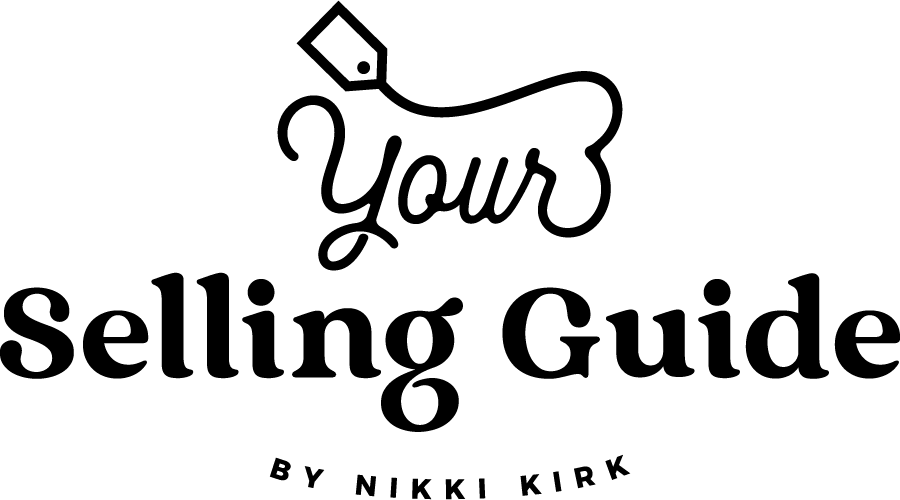
The 3 Books I Recommend Reading to Take Back Your Health & Help You Change Your Diet
We all know wheat (or gluten) is not the best thing for your diet. You may have even heard of this thing called Whole30. If you follow me or have checked out my blog, they you definitely have heard me talk about it. There has been a change in the diet and food industry lately and people are beginning to take their health back into their own hands.
If there are two subjects I’ve always been a fan of, it’s science and history. I love to read up on the latest food science and the way Americans eat today. Especially in light of the way we used to eat just 100 years ago and how drastically things changed in the past 50 years. There is no denying things have gone down hill lately and our health has taken the hit.
Often, after watching Food Inc, Fed Up, or Hungry For Change, I’m left thinking “Great, so what can I eat!?” Or “How are they getting away with this!?” Maybe you’ve been there and thought the same thing. It’s a daunting task to overhaul everything you thought was “healthy” your whole life.
Hint: If the government is pushing it on us or our kids (milk, corn, wheat) it’s not healthy.
Over the past 4 years I have read quite a few books on the subject of food science. Covering topics on how certain foods react in the body, how foods have changed in recent years, and the effects those changes have on our health. Each one was seemingly different, but having read a ton, I’ve found they all build upon the same thing.
Below are my 3 Best Reads To Take Back Your Health. Each one can help you discover what is making you sick, overweight, depressed, fatigued, giving you acne, or causing many of the other health issues we have today.
Wheat Belly
This is one of the first books I read on food science and how the wheat we ate 100 years ago is different than the wheat we eat today. We keep hearing wheat is an issue, this book breaks down why. And a lesson from me, don’t get part way through the book and go shopping for gluten free (GF) everything! Those items are often worse for you than if you ate the regular thing! (Unless you have Celiac disease of course).
Food for thought: Wheat and the other starches in GF items spike your blood sugar more than if you were to eat 2 tablespoons of sugar.
Click here for more on Wheat Belly.
It Starts With Food & The Whole30
Full disclosure, I have not read these books. I have instead done 10+ rounds of Whole30 (I’m currently on round 10!) and read their website a ton! However, reading the book might have been the better way to go. Plus if Whole30 is completely foreign to you, these books have easy and delicious recipes. Doing just one round of Whole30 completely changes your view of the food you eat. Not to mention, helps you drop some significant inches and pounds.
I have plenty of personal victories with Whole30, from losing weight, to clearing my skin, and uncovering abs! I love it and I am sure you will too. For recipes and more, check out my Whole30 Hub.
Click here for more on Whole30 & It Starts with Food.
The Plant Paradox
Having done Whole30 10+ times over the past 4 years, each time someone always asks me why beans or soy or corn are bad. I never really know what to say except they’re off-limits because they are inflammatory foods.
But really, why are beans bad?! They have protein and fiber, they’re natural, they’ve been around forever! I had no idea why it was on the do not eat list and quite frankly I didn’t care that it was. Aside from my love of Mexican food, I didn’t eat a lot of beans anyways.
I started to read The Plant Paradox and learn how our bodies process food. Suddenly, Whole30 made so much scientific sense to me, it was an ah-ha moment. I had seen and felt the way Whole30 positively affected me but now I understood why! And since I love food, history, and science, this was a captivating and life changing read that I recommend to everyone and anyone.
Food for thought: The corn we eat today is not the same corn that was ‘discovered’ along with America, it is now GMO corn and harming our bodies.
Click here for more on The Plant Paradox.




